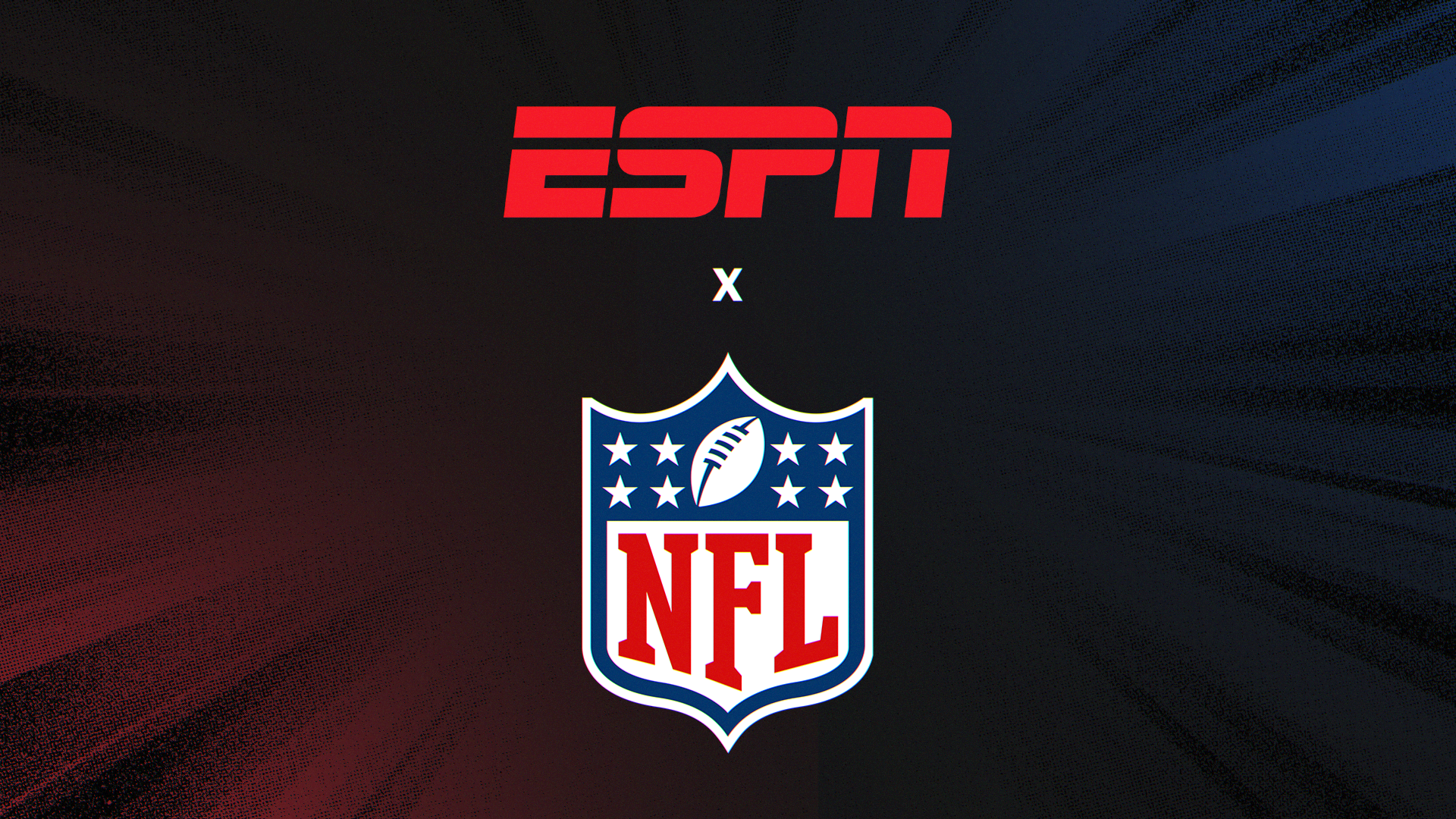Broadcast Engineering hits the big screen
Broadcast Engineering hits the big screen
Dear editor:
I took my daughters to see “Cloudy With a Chance of Meatballs,” and I saw a copy of Broadcast Engineering (or so it appeared) in a scene with the weather videographer reading it in the helicopter-car! Very cool!
It looked like they sampled the cover and inserted it in the animation. The cover is crystal-clear and plain as day in the scene.
It comes near the end when they take off in the plane-car with “the big baby guy,” inventor, weather girl and videographer. In the scene, they're flying through clouds of food, bouncing all over the place, and the videographer is sitting calmly reading Broadcast Engineering.
Daniel Slentz
Vice president of technology & broadcast operations
KERA TV/FM
Editor responds:
Thanks for the head's up! Our staff is looking forward to taking the afternoon off to see the movie and confirm Broadcast Engineering's appearance in it.
The professional video industry's #1 source for news, trends and product and tech information. Sign up below.
Bird slaughter
Dear editor:
In your July 20 blog post about birds being kills by broadcast towers, you say, “The University of Wisconsin-Madison states that between 7.8 million and 200 million birds are killed every year by the common house cat. Now, my math says this means cats kill 50 times more birds than all towers combined!”
Now you're down on cats! I want you to know that my two tabbies haven't killed over a dozen birds this year! And, they eat what they kill, thereby making more cat food available for underprivileged felines.
Hey, you want to picture bird slaughter? Think wind farms — particularly, those 400ft coastal blades. On the other hand, my cats would probably love living downwind, getting fat and lazy off minced goose!
After 50 years of fairly intimate contact with broadcast sites, I can count on my fingers the dead birds I have seen. Most are alive and quite happily enjoying the guy wires or convenient lattice nesting sites!
Lawrence Behr
Dear editor:
It is about time the NAB starts a research project on exactly how many birds are killed. Four million to 5 million is a lot of birds.
In all the tower sites I have visited in 30 years, I have never seen more than 20 dead birds in that time. Let's stop this now.
Joe Walsh
Will social media kill television?
Dear editor:
In your Aug. 31 blog post, you ask the question: Will social media kill television?
The explosive growth is natural for any completely new enterprise. Social media provides the average man or woman with an opportunity to be heard and to make a difference. This is something completely new and unique, so it should not be surprising that it is taking off. It will change the world.
You contrast the growth of these new services with the growth of older ones. Again, it is completely natural for newer systems to grow faster than the older ones did. How many centuries did it take the human race to develop writing?
Newspapers, radio and TV are old technology. Old technology tends to be entrenched and is slow to improve. The owners and corporate managers tend to be conservative in their decision-making process. They are concentrating on this year's/this quarter's profits and not on where the industry and the world are going. They are slow to innovate.
TV news has been increasingly a means to push the social ideas of the management of the stations and networks and less and less about reporting facts. Little wonder the news budgets have been cut and cut. Gathering facts costs money. It takes investment in personnel and equipment. But pushing an agenda can be done by one person in an office with just a pad and pencil. This accounts for much of the success of the social media. It avoids the slant that news directors want to put on everything. Or at least the individual “slants” get averaged over many, many posts.
But, don't worry. Twitter, Facebook and the others will suffer the same fate somewhere in the near future. And because the process is now faster, that fate will come a lot faster for them than it did for the older media.
I doubt that any of these will ever completely disappear. TV, radio and even newapapers will survive in some form. That form will evolve. Twitter, Facebook, etc., will also evolve and become less relevant to young people, but then there will be something new to take their place. Such is life.
Paul Alciatore
Is Google becoming Big Brother?
Dear editor:
In response to your July 27 blog post about Google's new operating system: Privacy indeed does matter. So does being able to run applications designed for Windows so we can do our work. This is a nice idea for those who do not worry about privacy and only want to surf the net. But it's a lousy idea for those of us who need to get real work done for our jobs, having to run VPN to access the work computer so we can access VNC to access internal networks.
I doubt that Google would support all that. And I certainly would not want to watch ads while I am trying to keep the TV station on the air.
Kenneth Otto
Dear editor:
Hear, hear!
Where we are going is really frightening. We desperately need solid user rights in the Internet world. And easy trackability of every byte we recieve to a real person and real street address. Privacy for users is the complete opposite for the big corporations and spammers.
Paul Alciatore
